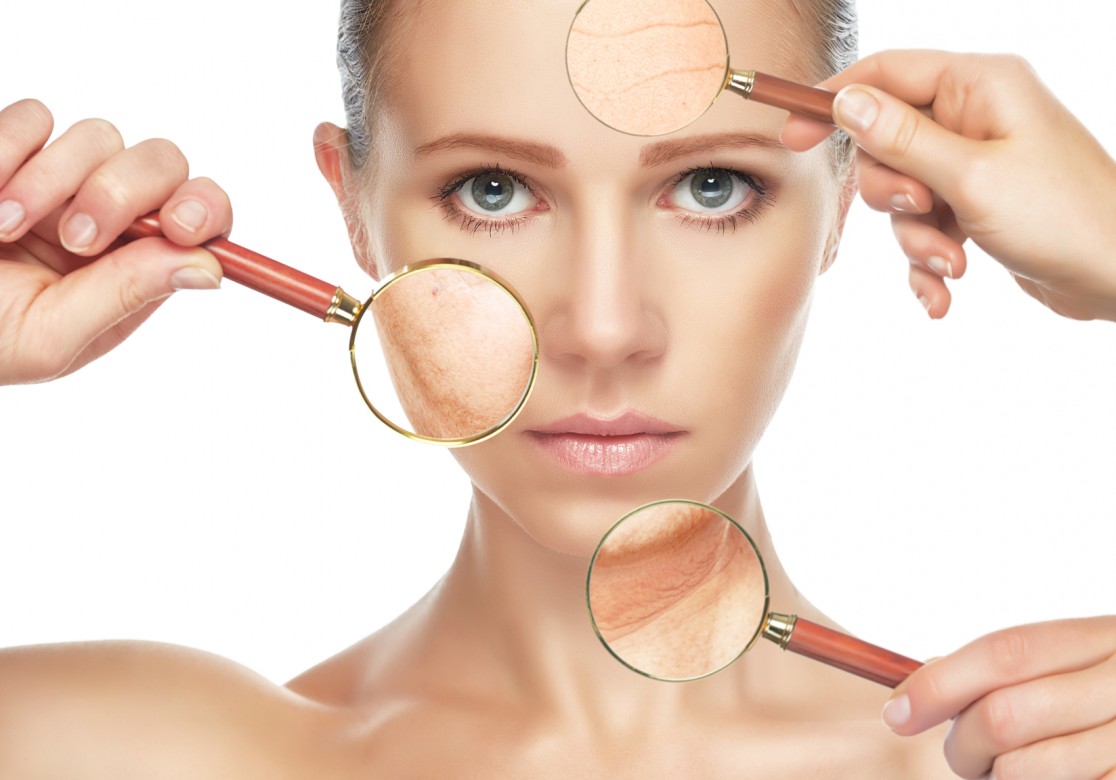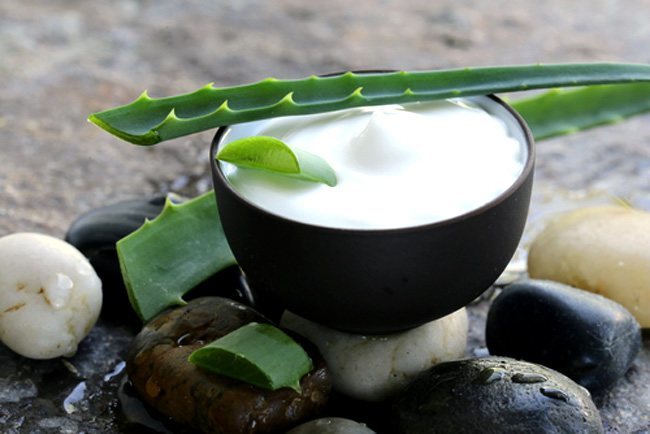
Keeping your skin radiant and hydrated can be challenging during winters with the cold, lack of sunlight, dehydrating central heat, comfort eating, and lower exercise levels. There are certain tips that help your skin to look at its best during this season. A proper diet is in fact one of the most important factors when it comes to healthy skin and this includes reducing the intake of chemicals and removing toxins from the body. So is drinking clean water. This is essential as creams and potions can only help to a limited extent.
Essential fatty acids or EFAs need to be consumed regularly for the cell membranes to remain supple and flexible. They help to maintain hydration and balance sebum levels to prevent congestion and spots. They also protect the skin’s natural oil barrier and reduce inflammation. Eating refined vegetable oils which are found in almost all processed foods should be avoided at all costs as they inhibit the body’s absorption of EFAs. The main sources of EFAs include non-farmed cold water fish (salmon, mackerel, sardines,) leafy greens, pumpkin seeds, walnuts, avocadoes, and flaxseeds.
Eating lots of fiber helps with regulating digestion and eliminates waste products and toxins more easily from the body. The skin also eliminates toxins and therefore regular bowel movements have a direct impact on the health of the skin
Sugar should be avoided as much as possible, especially processed sugar. It slows down blood flow which results in inflamed and dull skin. It also overstimulates the sebaceous glands which leads to acne and spots and damages the elasticity of the skin.
Vitamins
Vitamin C helps to eliminate destructive free radicals (i.e. atoms missing an electron) that can impact on the health and longevity of our cells. It also builds and maintain collagen, teeth, bones, blood vessels, and preserves the health of the skin. Other essential vitamins are Vitamin A which acts against oxidation and premature ageing and helps the eyes. It additionally retains the skin’s moisture and strengthens hair follicles. It is very effective for dry skin and acne and research has revealed it has anti-cancer properties. Vitamin B also supports hair growth and follicle strength, reduces cellular inflammation and prevents cell oxidation. Vitamin B3 strengthens skin cells and regulates the turnover of healthy new cells.
Vitamin D3 reduces the effects of cold weather on the skin by helping it to retain its moisture and prevent the skin from drying out and flaking by retaining its moisture content. Sunlight on bare skin is the most natural way of getting our intake of this nutrient but this is only feasible during the summer. This is one of the most important vitamins there is and it is critical for overall health. Vitamin E aids in cellular repair and generation and protects the walls of veins and arteries. It helps to prevent skin cancer and safeguards the skin from UV damage from the sun.
Minerals And Trace Elements
Zinc is an essential trace element that is the building block for the production of over 80 hormones, is involved in insulin production, and metabolizes EFAs. Selenium is an important antioxidant mineral that targets free radicals and strengthens the body’s ability to heal itself. It enhances the membrane elasticity of the skin, mitigates against pigmentation from sun damage, and helps to prevent skin cancer prevention.
Hydration
Hydration tones and increases circulation and blood flow to the skin, assists in the metabolism of fats, and removes toxins. Drinking lots of water helps to keep the skin hydrated. A very good hydrating beverage is lemon water with a little bit of pink Himalayan salt.
Coffee and tea should be drunk in moderation as they are diurectics and reduce hydration levels.
Other Important Factors For Maintaining Skin Health
- Being physical active. Exercise helps to boost circulation and increases the pulse rate. Both have a beneficial impact on the skin. Even gentle exercise like going for a brisk 30 minute walk at least 3-4 times a week helps.
- Using a good moisturizer. This is important, particularly during the winter months and it bolsters the skin with lipids which help keep it hydrated. A good moisturizer should contain Vitamin E which is abundant in antioxidants which help protect the skin. Another beneficial ingredient to look for in moisturizers is hyaluronic acid which is powerfully hydrating. Finally, if the cream or ointment is oil-based rather than water-based, it might be more effective as the oil creates a protective layer on the skin which retains more moisture. Suitable oils for the face include avocado, primrose and almond.
- Mineral soaks using pink Himalayan or Epsom salts. Two hundred grams of either is sufficient. Both are rich with trace minerals which get absorbed by the skin and also assist in releasing toxins from the body and relaxing the muscles.
- Showers and baths should not be too hot. While often comforting they are harsh and drying to the skin.
- Body washes and shampoos containing sodium lauryl sulfate should be avoided as the chemical is harsh on the skin and particularly the scalp, causing inflammation and irritation.
- Natural lip balm made from plant fats and beeswax nourish the lips and provide a protective waterproof layer, thereby preventing further moisture loss.
- Massage some warm pure coconut oil into the hair and scalp. It has a wonderfully hydrating effect. After a while, wash it off with a mild herbal shampoo.
- Washing hands with a mixture of lemon juice and sugar reportedly has a softening effect on them.
- Facial peels, masks, and alcohol-based toners and astringents should be used sparingly and they take away oil from the skin. Better alternatives include cleansing milks, mild foaming cleansers, toners without alcohol, and hydrating masks which are not clay-based as these tend to draw moisture out of the face.
- In cases of chronic skin dryness, it might be worth consulting a dermatologist who might be able to recommend a suitable skin care product, depending on the individual’s condition and requirements.





